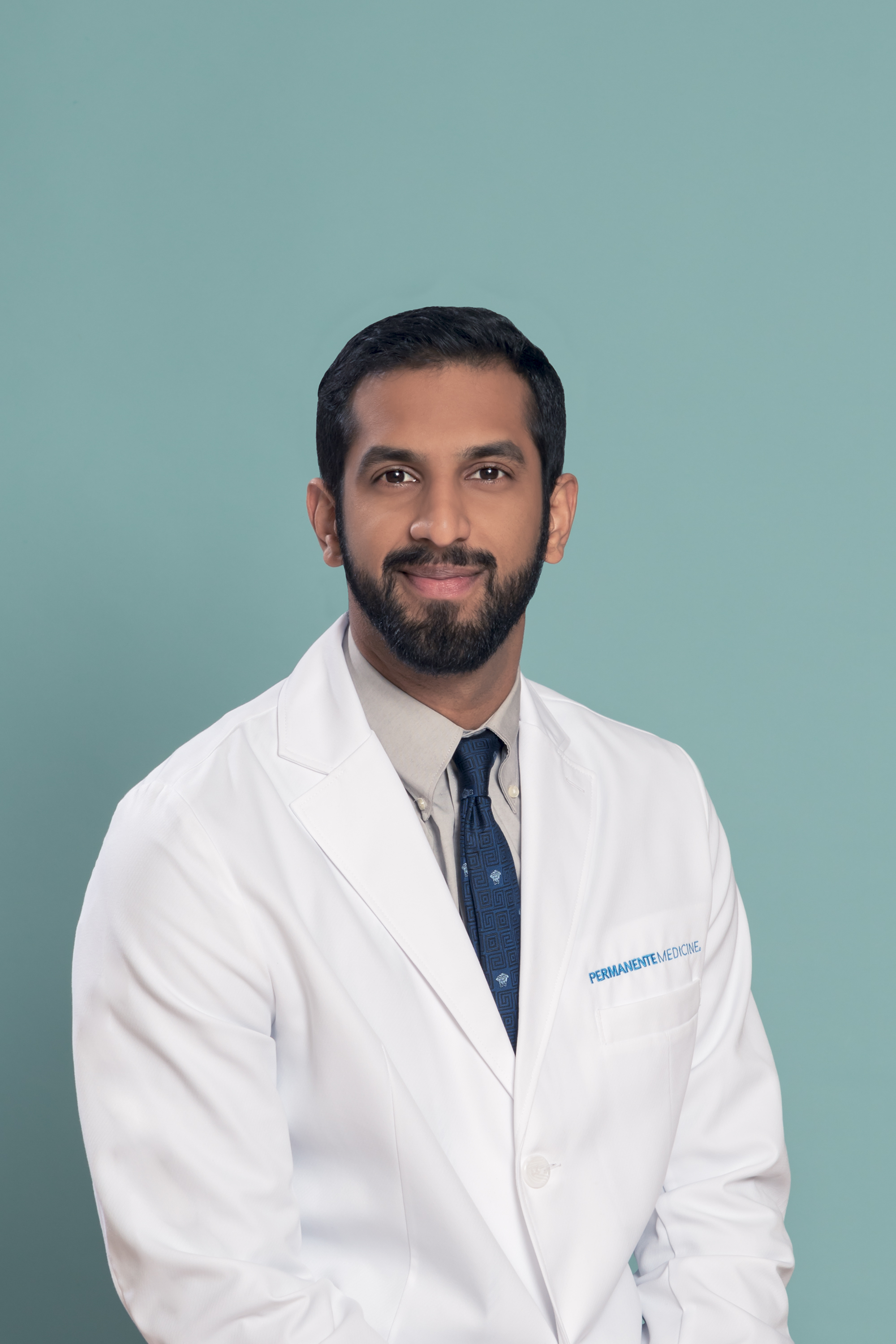Safeguard their Season: Preventing ACL Tears
.jpg?format=pjpg&auto=webp)
By Akhil Andrews, MD, an orthopedic surgeon with training in sports medicine, at Kaiser Permanente in Largo, Md.
How to help your student athlete manage an ACL tear
Participating in youth sports is a great way for your child to learn the value of teamwork and friendly competition. Despite the many benefits, it is also important to be aware of the risk for injuries, such as ACL tears.
The ACL (anterior cruciate ligament) is one of several ligaments in the knee joint that connects the thighbone to the shinbone, helping keep the knee stable. A tear can occur when an athlete makes a sudden change in direction, is weaving or jumping, or makes quick stop-and-go movements.
What can cause an ACL tear?
While all student athletes are at risk of tearing their ACL, certain factors can put some athletes at a higher probability of suffering the injury.
- Lack of proper biomechanics, which is how athletes move and change direction to improve performance and minimize injury, can increase risk of ACL tears. For example, landing from a jump with knees locked heightens the risk of injury. When a young athlete understands the proper way to jump or change direction while playing sports, they can better avoid ACL tears.
- Exhaustion can have an impact on an athlete’s body when they’re using the same muscles daily for practice and play. They may be more susceptible to ACL tears when they play more than one sport at a time.
- Gender also plays a role in increased probability of ACL tears. Because of the structural differences between the hips and knees of females versus the males, female athletes are more likely to sustain an ACL tear. Changes in estrogen levels during menstruation can also have an effect on some ligaments, contributing to injury.
How do you recognize an ACL tear?
A loud pop heard after an athlete suddenly stops or lands awkwardly on the field of play usually suggests an ACL tear. The pop is often followed by severe pain, along with a feeling they may get that the knee is “giving out.” A doctor can later confirm the injury, after an exam and a series of questions about how the injury occurred. The doctor may also order an MRI (magnetic resonance imaging test) to determine the extent of the tear and any other damage caused to the knee.
Can your young athlete play with a torn ACL?
Student athletes diagnosed with a torn ACL should not participate in sports until after surgery. Even activities outside of sports that are considered high-energy can worsen strain on knee cartilage, so anyone recovering from an ACL injury should remain on the sidelines until the condition has improved.
What treatment options are available?
Surgical reconstruction of the ACL is the most common treatment for a torn ACL. The surgeon will remove the quadriceps, patellar, or other tendon and repair the ACL using that tendon. Following surgery, your child’s doctor may recommend physical therapy, which would expedite recovery. Typically, it takes between six and 12 months of strength, stretching, and mobility exercises for your child to fully recover from the ACL tear.
Check in with your child periodically throughout their recovery, as missing out on their sport and the social aspect that comes with it may cause anxiety or depression. Speak with their doctor if you notice any changes in mood, personality, or other habits.
Your student athlete can minimize risk of ACL tears by practicing proper biomechanics and techniques, by wearing the right footwear, and using the appropriate equipment. This will help keep them on the field, instead of on the sidelines.
____________________
Kaiser Permanente pediatricians and pediatric specialists are committed to keeping your child’s health and development on track. Connected by your child’s medical record, they can track vaccines that are needed, review test results, and medication, and communicate seamlessly with one another to provide both the routine and targeted specialty care your child requires.
Check out the Healthier You podcast hosted by physicians at Kaiser Permanente for more actionable strategies for improving your health and living a fuller life.

Dr. Akhil Andrews an orthopedic surgeon with training in sports medicine, at Kaiser Permanente in Largo, Md.
